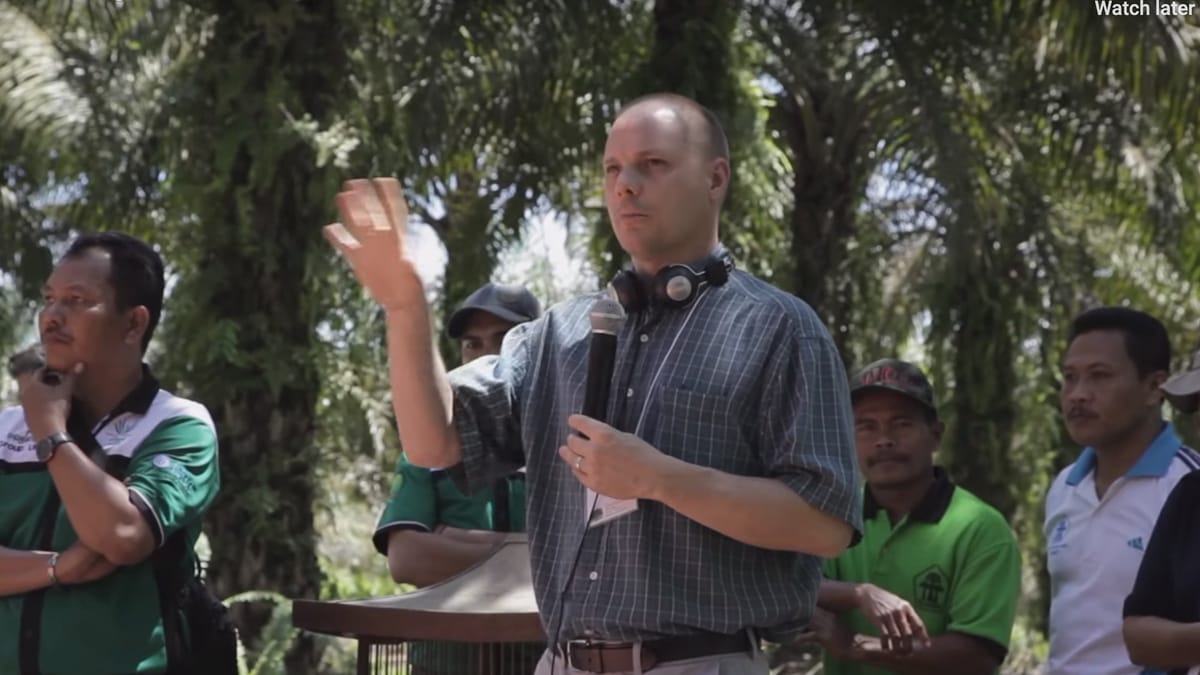Field Dialogue on Understanding Deforestation-Free (UDF) in Indonesia

A highly successful scoping dialogue held in New Haven, Connecticut, USA in October, 2014 highlighted a number of critical issues that will need to be resolved if deforestation-free policies are to have significant and lasting impacts on the ground. 39 experts dialogued for two days, asking questions, contributing experience, and exploring various positions. The co-chairs’ summary of the scoping dialogue is available here.
The Indonesia dialogue, which took place in Riau, Sumatra during April 29 – May 2, 2015, initiated a series of field dialogues that will apply and enrich these findings in geographies that are focal points in the deforestation-free movement. Indonesia has among the highest rates of deforestation in the world, as well as huge export markets for commodities associated with deforestation, including palm oil and wood products. At the same time, some of the largest agribusinesses in Indonesia are leaders in the deforestation-free space, and the government has taken important steps to improve forest governance. Meanwhile, a new tool for implementing deforestation-free commitments—the high carbon stock (HCS) approach—is being refined and tested in Indonesian landscapes.
Together with its national host partner, the Indonesian Business Council for Sustainable Development (IBCSD), TFD convened over 40 Indonesian practitioners and community members and approximately 30 international issue leaders for a four-day dialogue. The first two days involved field visits to locations affected by deforestation-free commitments, which afforded opportunities for participants to interact with a range of stakeholders from multiple sectors around their experiences with deforestation-free. The field component was followed by a two-day dialogue that sought to:
- Illuminate the challenges that land managers face in implementing deforestation-free policies;
- Examine the challenges associated with monitoring and verifying progress made toward meeting deforestation-free commitments on the ground;
- Shed light on both the impacts that large corporations’ deforestation-free policies have on local stakeholders, and the role that local stakeholders have in providing deforestation-free commodities to local and global markets;
- Explore the impact of land tenure (in)security and conflict—recognized by the Indonesian government as priorities for reform—on the success of deforestation-free initiatives, and explore new tenure and governance options for indigenous peoples, local communities, and smallholders;
- Explore how deforestation-free policies are being communicated to upstream suppliers;
- Capture insights on key challenges, and potential solutions, to ensure deforestation-free initiatives deliver positive social and environmental outcomes in Indonesia;
- Provide knowledge and experience to the UDF Initiative and the international community on how to move forward concerning the design and implementation of deforestation-free comments at the global scale.
Following the dialogue TFD will publish a co-chairs summary of the proceedings. TFD will also work closely with its partners to implement key recommendations at the local, national, and international levels.
Co-Chairs' Summary
Co-Chairs' Summary: Field Dialogue on Understanding Deforestation-Free (UDF) in Indonesia
